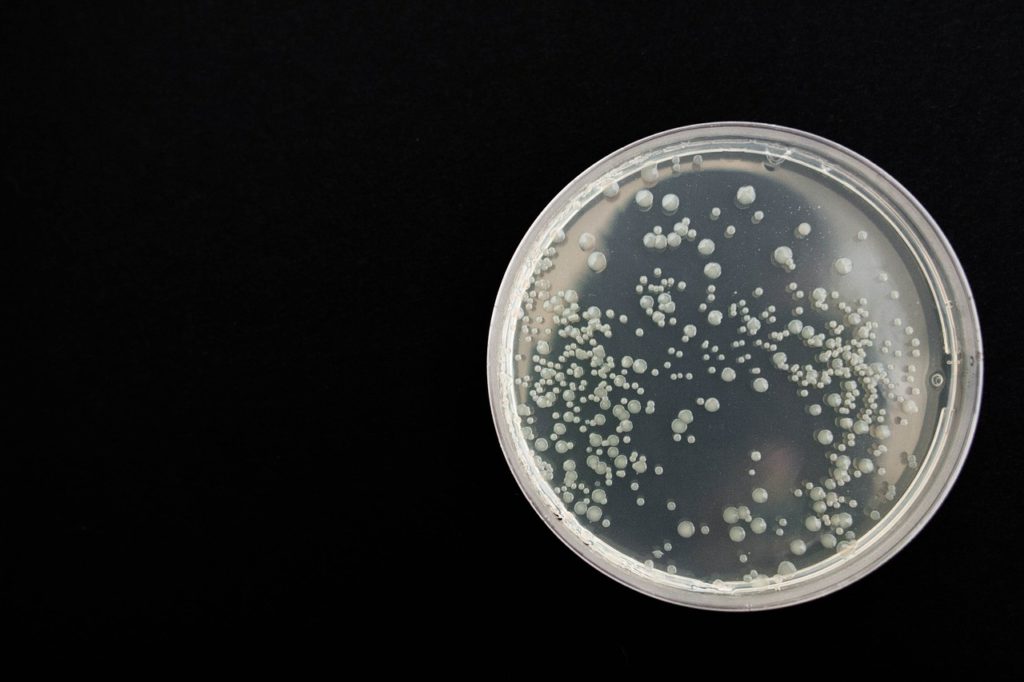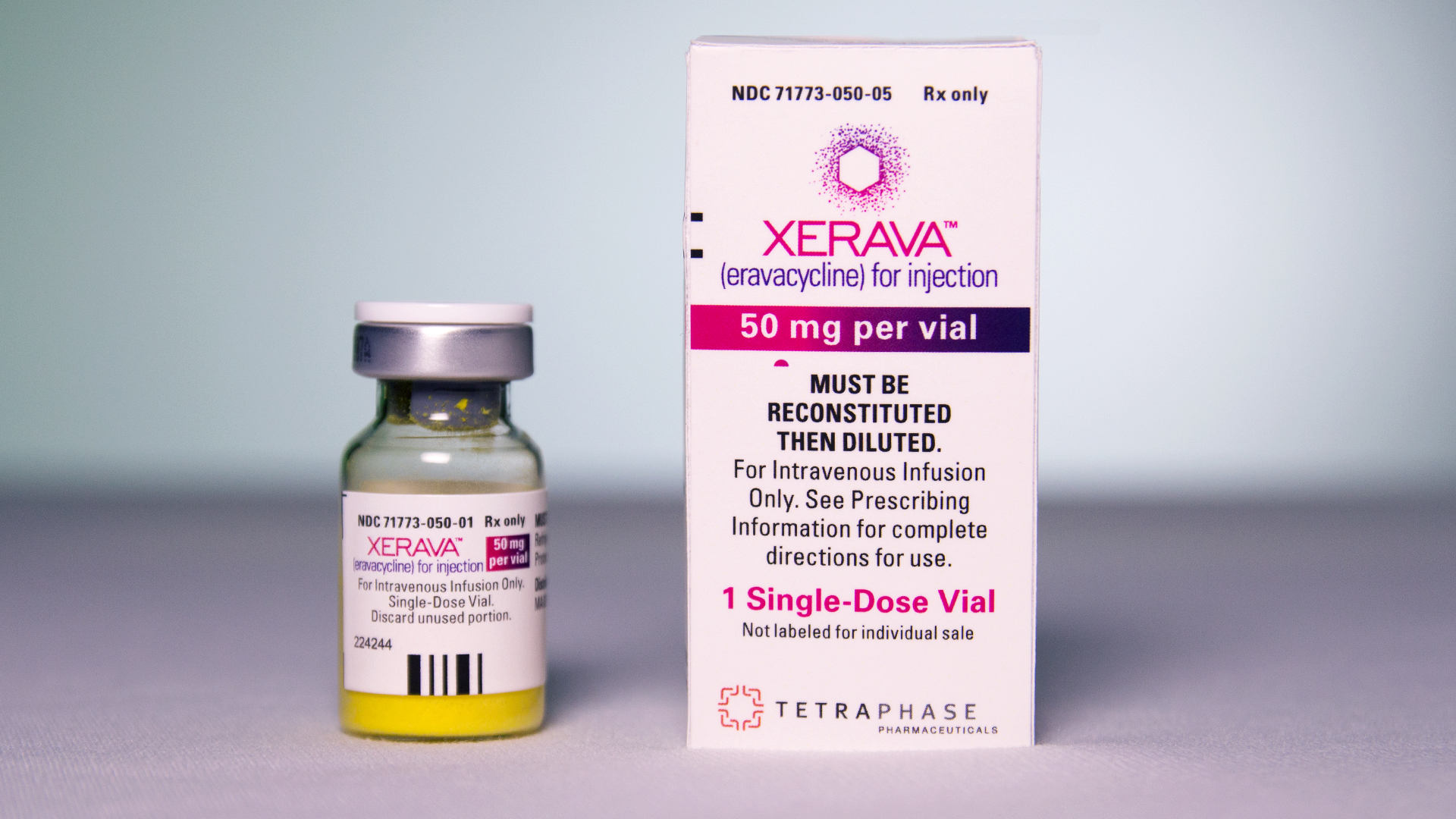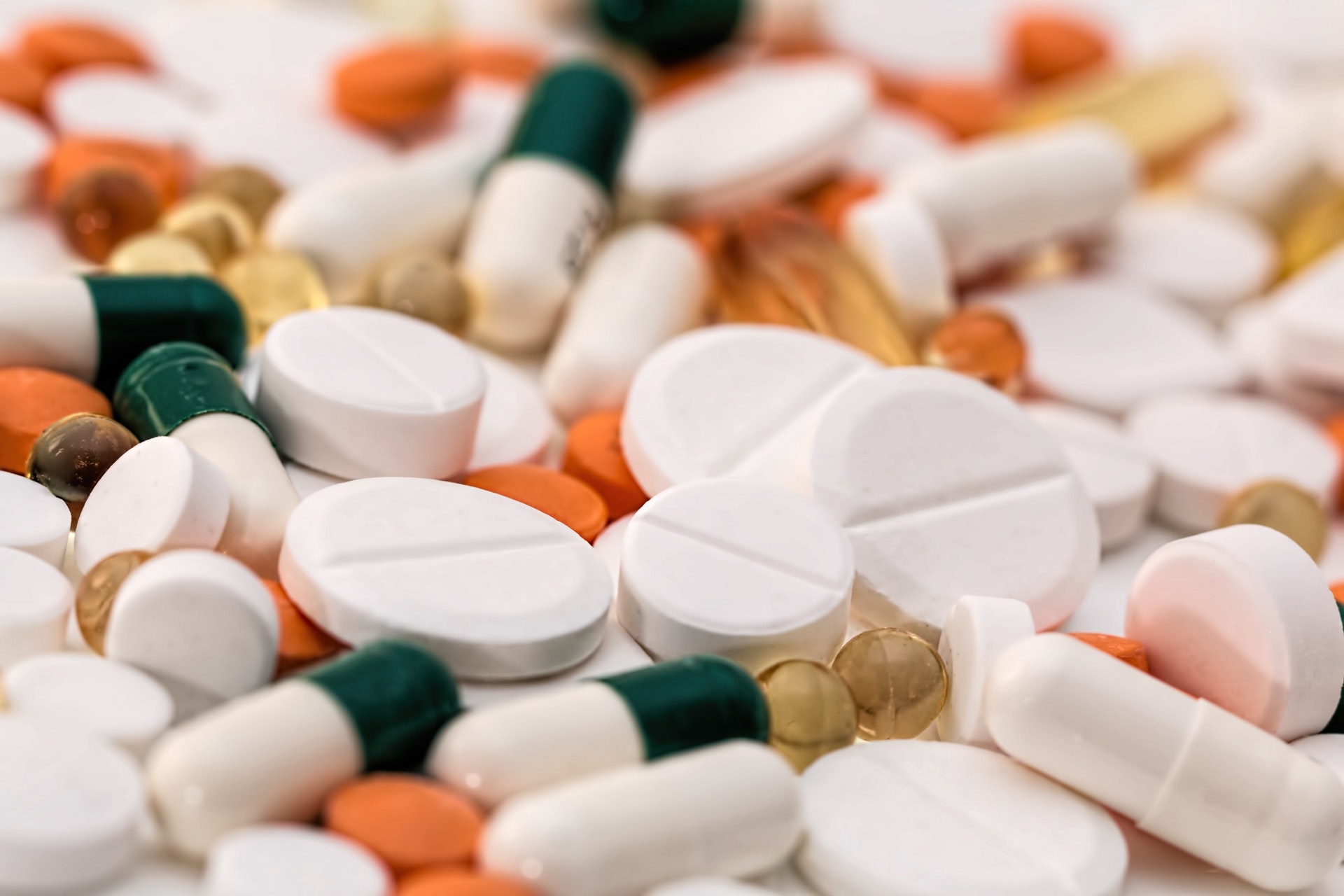They say too much of a good thing can be harmful or excessive. This is true when it comes to party decorations or taking antimicrobials. For the former, the damage is reversible; but for the latter, the consequences can be fatal.
According to the Antimicrobial Resistance Review, at least 700,000 people die each year of drug resistance in various illnesses.
The UK government launched a 20-year vision and five-year plan to mitigate the rise of antimicrobial resistance – when antibiotics are no longer effective against their targets due to their overprescription – which is predicted to cost the healthcare system $100 trillion by 2050.
“The increase in antibiotic resistance is a threat we cannot afford to ignore,” said UK Prime Minister Theresa May. “It is vital that we tackle the spread of drug-resistant infections before routine operations and minor illnesses become life-threatening.”
Health Secretary Matt Hancock sends a chilling message by illustrating a world without antimicrobials. At the rate we use antimicrobials, we may not have any effective ones left to treat small cuts or wounds.
“I don’t want it to be the future for my children – yet it may be unless we act,” he said.
Antimicrobials are intended to treat or prevent bacterial, viral and parasitic infections – not coughs and colds. According to the 19-page, 20-year vision policy paper, 20 percent of all antimicrobial prescriptions are inappropriate. Not only are these people not getting better from their treatment, but the antimicrobials themselves could be damaging their immune system.
Part of the five-year action plan is to update guidance on how clinicians should prescribe antimicrobials. The plan also encourages pharmaceutical companies to invest more in drug discovery and development, rather than pushing the sales of broad-spectrum antibiotics. To accomplish this, the National Institute for Health and Clinical Excellence and the National Health Service will test out a payment plan designed to reward drug companies for more “valuable medicines”.
The UK government has set specific targets for 2024, including:
- Reduce the number of healthcare-associated, bloodstream bacterial infections by 50 percent.
- Reduce UK antimicrobial use by 25 percent
- Report the percentage of antibiotics prescriptions supported by a decision support tool
Antimicrobial resistance not only affects human health but also affects animal welfare, the food chain and our environment. In their 20-year vision plan, the UK government aims to reduce the impact of antimicrobial resistance on animals by improving husbandry practices to reduce the number of infections. Better waste and water management and supporting innovative drug manufacturing practices are two strategies to prevent the spread of antibiotic-resistant microbes in the environment.
The UK has already invested €615 million spent by UK on R&D and awareness. They have already seen a 40 percent reduction in antibiotics sales for livestock care and a seven percent reduction in overall antibiotics use since 2014. Still, progress in the UK alone will not sever the global reach of antimicrobial resistance.
Across the Atlantic, the Centers for Disease Control and Prevention (CDC) received reports of drug-resistant bacteria infecting US citizens that had surgery in Tijuana, Mexico. Approximately half of those infected with resistant Pseudomonas aeruginosa had a medical procedure performed at the same hospital. The problem with so-called “medical tourism” is that antimicrobial infection rates could be higher in different countries. Case in point: drug-resistant P. aeruginosa is rare in the US and difficult to treat.
Fortunately, the US government has ramped up its efforts to combat acquired drug resistance. Last year, they launched a year-long campaign with the CDC to encourage global organizations to commit to the cause. As with the UK, the US government’s priority is to slow the spread of resistance, better regulate prescriptions and find alternatives to antimicrobials.
Given the gravity of the situation, Secretary Hancock urges for a global response.
“Antimicrobial resistance is as big a danger to humanity as climate change or warfare,” he concluded.












Join or login to leave a comment
JOIN LOGIN